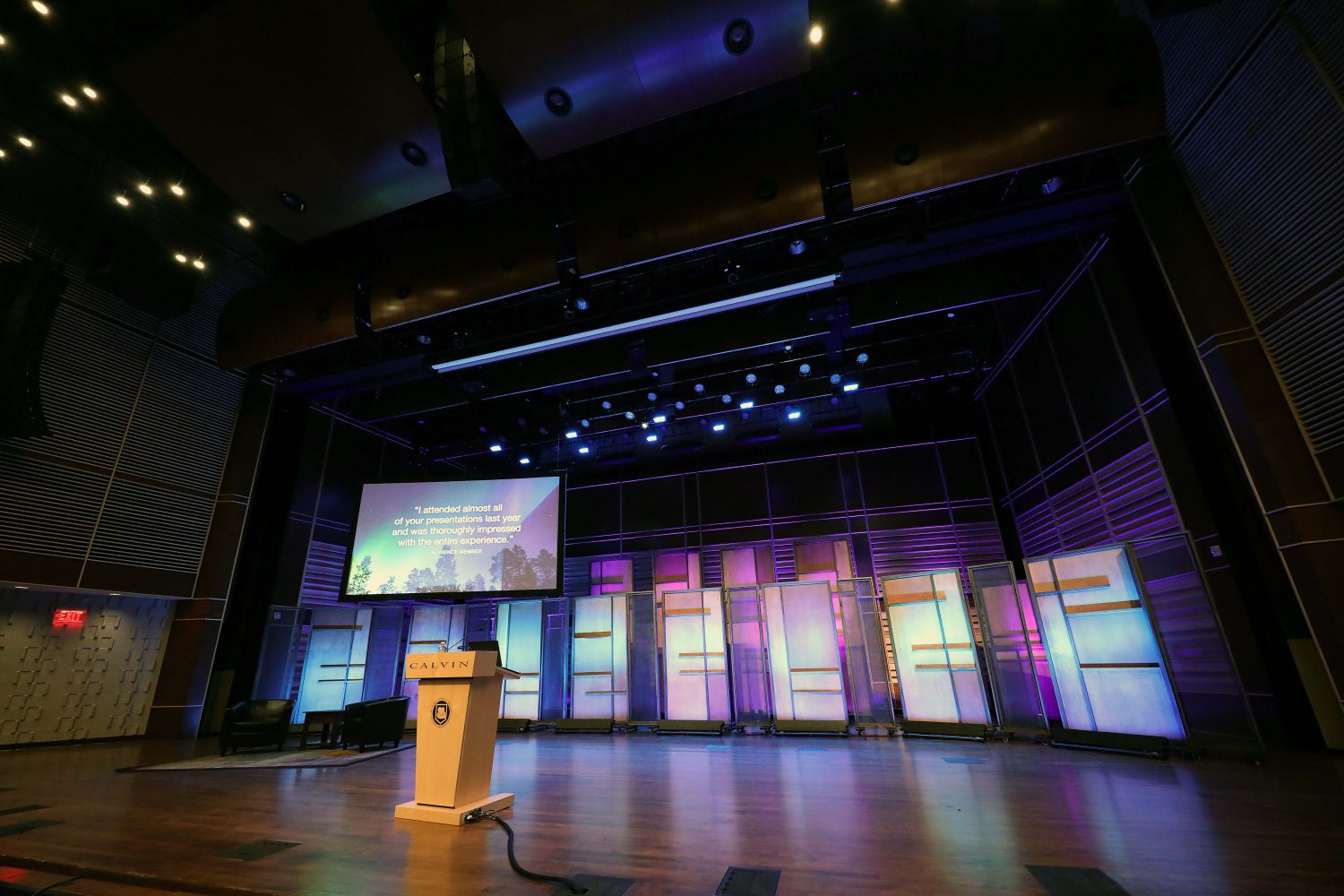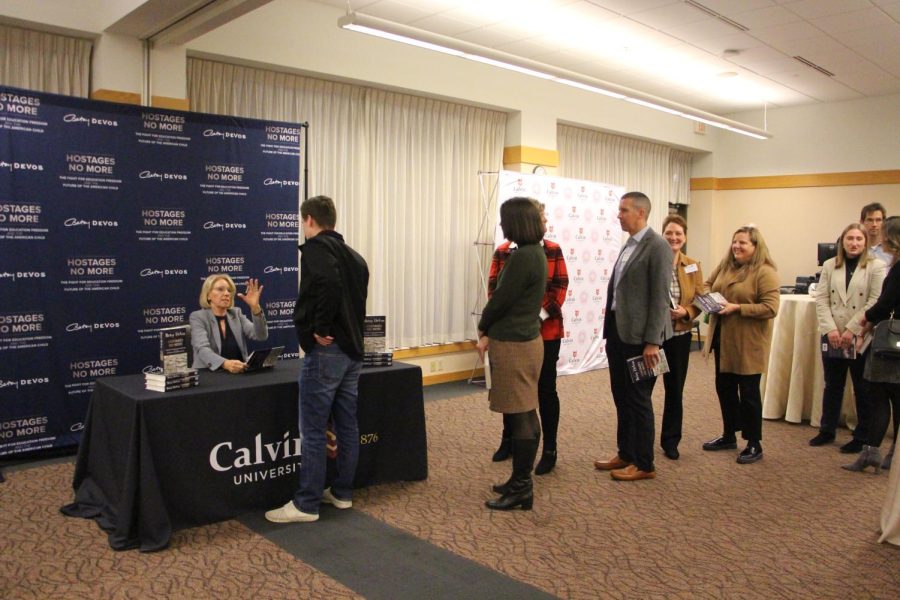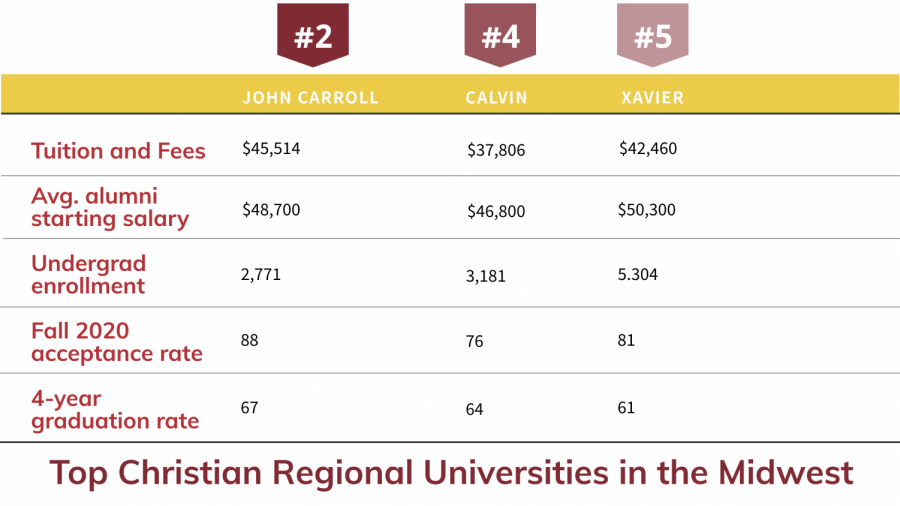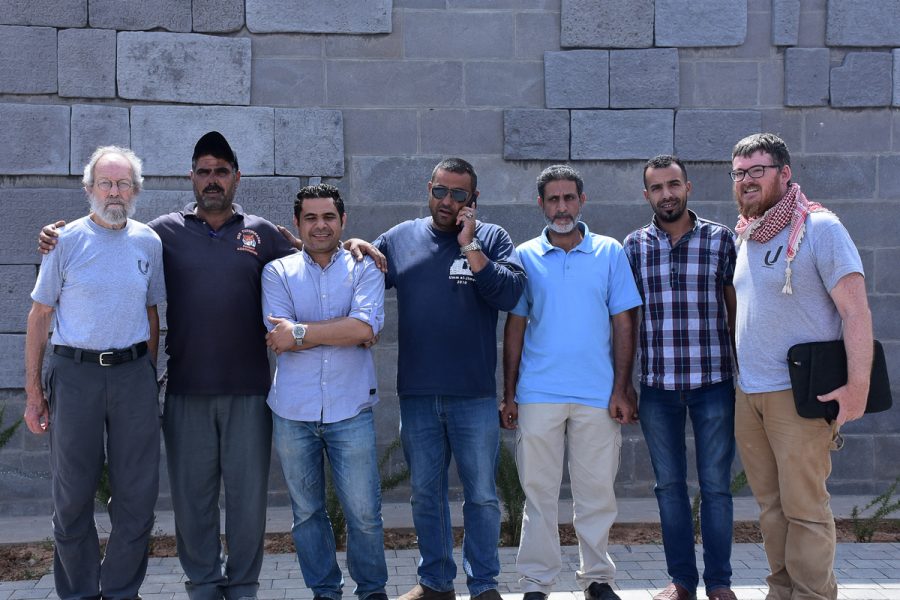“The EU and Global Governance”
Todd Huizenga, former US diplomat and Calvin College graduate, spoke on Friday about the European Union (EU) and what, he says, are its corrosive effects on democracy.
The EU was the actualization of a “utopian desire to achieve peace by limiting sovereignty and building international institutions to enforce international law,” Huizenga said.
The EU government includes the European Commission, which corresponds to the American executive branch but also retains the sole authority to propose legislation, and the European Parliament, which has the power to approve or deny the Commission’s proposals.
Huizenga has two gripes with the EU: the European Commission has the power to carry out and propose legislation, a clear violation of the separation of powers, and the Commission is not elected by the people of the many European countries. The Commission is therefore not accountable to the people their proposals and actions affect. Huizenga sees this as a violation of western democracy and a menacing omen for American democracy.
Huizenga sees the unaccountable bureaucrats of the European Union as the counterparts to American bureaucrats, employed by various federal agencies, that are increasingly distanced from the American people their regulations affect.
While the separation of powers inherent in the United States Constitution is still intact, the lines are beginning to blur: “Congress passes laws that delegate its legislative power to governmental agencies, staffed by unelected civil servants, that develop the laws with which we must comply.”
The cause of all this, Huizenga said, is the evolution of personal freedom. Freedom used to be based in absolute, objective truth, grounded in human nature and illuminated in the Federalist Papers: all humans have dignity, but are still sinful. This led to a system of rights that protect the public from government overreach in areas such as religion, press and speech.
Now, Huizenga stated, freedom is based on relative, subjective truth, fueled by the rise of postmodernism “where truth is in the eyes of the beholder” and “human rights stands for the right to choose one’s own personal truth, and be liberated from the truth of others, while imposing your own truth on everyone.” Thus, America has a system of rights produced and enforced by the government, a slippery slope that could lead to the fall of American democracy.








